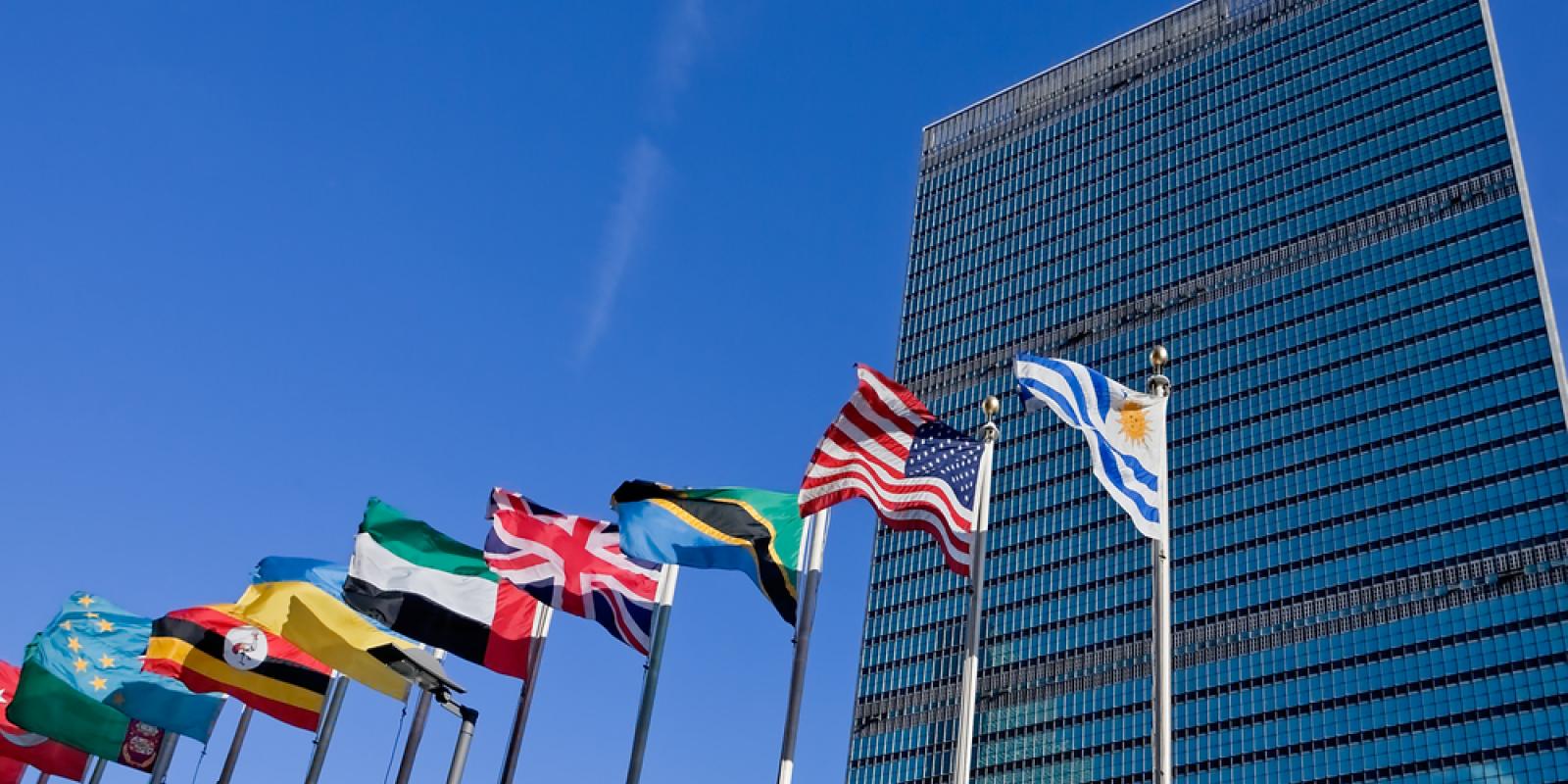The COVID-19 pandemic lit a fire in me to go all out to seek human rights protections for older adults, here in the United States and globally. Human rights violations such as withholding ventilators, triaging in healthcare solely based on age, lack of adequate protective equipment for long-term care settings and eventual withholding or low priority for COVID vaccines. Why are older persons seen as dispensable? I think it is ageism, paired with racism, and all the other discriminatory practices, at its worst!
Having worked for more than 40 years in the field of aging in long-term care, community-based care and later national education and advocacy, in 2012 I became a United Nations Representative for the International Federation on Ageing. I began to learn more about aging on a global level and how a wealthy nation such as the United States has many laws, regulations and programs that help to meet the needs of our aging society.
More Protection Needed for Older Adults
However, this current pandemic has shown me that regardless of the laws and regulations that seek to protect older persons, human rights violations continue. I think the COVID-19 crisis has amplified a need to protect older adults due to a recognition of the structural barriers and rising inequalities that must be addressed.
Older adults fell into the ‘Other Status’ category in the original UN Universal Declaration of Human Rights.
Shortly after the United Nations (UN) was established in 1945, in 1948 the Universal Declaration of Human Rights was adopted by the UN General Assembly, stating that “all human beings are entitled to all rights and freedoms set forth in the Declaration without regard to race, colour, sex, language, political or other opinion, national or social origin, property, birth or other status.”
Notice that AGE is not mentioned, so I guess we fell into the “Other Status” category. Since that time, many other legally binding documents, (called conventions) have been passed to address oversights or lack of explicit mention such as the “Convention on the Rights of the Child” or the “Convention on the Rights of Persons with Disabilities.” The latter was modeled on the U.S. Americans with Disabilities Act, and while the United States supported its passage it has yet to ratify it.
The COVID-19 pandemic has caused fear and suffering around the world. Globally 6.12 million lives have been lost to COVID. Here in the United States, 969,000 lives have been lost to it and among those fatalities, 75% were people ages 65 and older. COVID-19 has overwhelmed healthcare systems, there has been an increase in reports of abuse, neglect and violence against older people in the community and in institutions and care facilities.
Unemployment has increased, and the pandemic has had a dramatic impact on health and mental health. While there is resilience among older persons, there is incredible diversity that must be recognized as well. Many healthcare workers came out of retirement to help during this pandemic, as did grandparents, who sacrificed to help care for children and grandchildren, some as informal caregivers, others providing financial help.
Meanwhile, with health systems stretched, many older persons could not get the care they needed, including life-saving treatments. For some, prolonged isolation, exacerbated by lack of digital access, had devastating effects. Older residents in long-term care facilities were isolated from family and friends for months.
How Would a UN Convention Help?
So, you might ask, what would a “convention on the human rights of older persons” address? In broad terms it would most likely cover these six areas:
- General principles such as independence, equity, non-discrimination, etc.;
- Economic Empowerment, such as rights to an adequate standard of living, right to work, right to education, etc.;
- Social and Civic Participation, such as right to accessibility, right to information, right to judicial protection, etc.
- Health, such as right to healthcare and mental health care, right to vital drugs, right to social services, etc.;
- Dignity such as the right to respect for privacy, right to freedom from abuse and violence, right to physical security, etc.;
- Diversity, to include rights of subgroups such as indigenous people, persons with disabling conditions, LGBTQ elders, etc.
A convention on the human rights of older persons would address multiple areas of need, such as economic empowerment and social and civic participation.
The Open-Ended Working Group on Ageing (OEWGA) 12 years ago was convened by the UN to begin exploring the need for a new legally binding document (convention) addressing the human rights of older persons. The OEWGA is meeting April 11-14, 2022 at the UN, exactly when the ASA On Aging conference is convening.
What can you do? First educate yourself and those in your community about what a human rights convention (legally binding document) would mean. A good place to start is to visit the Global Alliance for the Rights of Older People (www.rightsofolderpeople.org) or visit our NGO Committee on Ageing/NY website www.ngocoa-ny.org.
Raise the issue of supporting such a “convention” with your elected (or campaigning) members of Congress and those in the Executive branch of the U.S. government.
You can attend my session in-person or virtually at the ASA conference on “The Pandemic’s Impact on Human Rights of Older Persons: Time for Corrective ACTION,” on April 12 at 3 p.m. in Imperial 11 Room at the Hyatt Regency, where we hope to engage in corrective action in the United States now. I look forward to hearing from you!
Cynthia Stuen is the main representative to the United Nations on behalf of the International Federation on Ageing and chairs the NGO Committee on Ageing in New York and past chair of ASA, a fellow of the Gerontological Society of America and also of the New York Academy of Medicine. Stuen can be reached at cynthia.stuen@gmail.com. .













